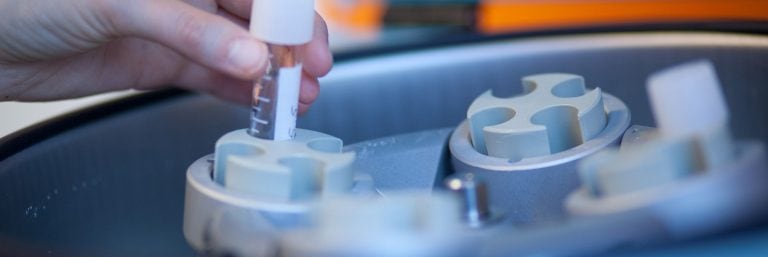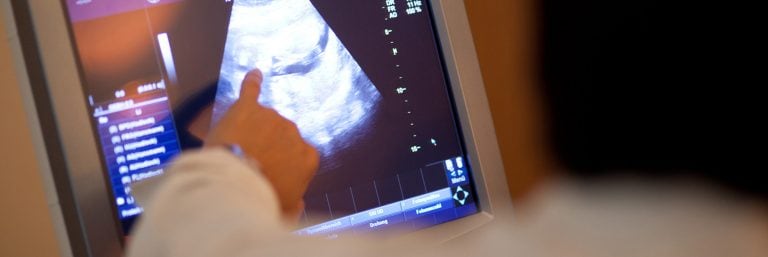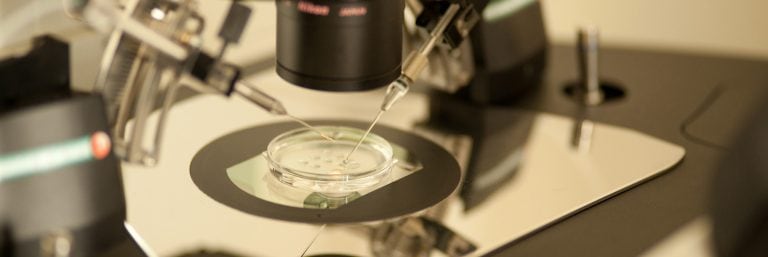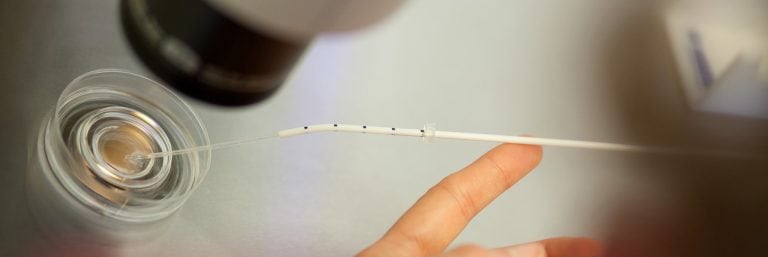Genetics
Every living organism has a specific set of chromosomes called a karyotype. A karyotype consists of 46 chromosomes – 22 autosomal pairs and one sex chromosomal pair.
Females have two X chromosomes (karyotype: 46, XX), males have one X chromosome and one Y chromosome (karyotype: 46, XY).
Each chromosome contains genes with hereditary information. A karyotype can be examined using cytogenetic and molecular genetic analysis methods.
If there is a maldistribution of chromosomes in all cells, or in a few cells (“mosaic”), this can have a significant impact on fertility. The alteration of individual chromosomes can also lead to infertility, fertility restrictions or miscarriages.
There are many possible reasons for repeated pregnancy loss, but approximately 85% of all miscarriages are due to chromosomal abnormalities of the embryo. However, in patients with multiple miscarriages after the presence of a fetal heart sound, it is more likely that the reason is a blood clotting disorder (thrombophilia), a hormonal disorder, or a pathological abnormality.
Genetic counseling
Genetic counseling should be sought, for example, if:
- the presence of a genetic disease is suspected
- one partner (or both) is (are) known to be a carrier of a genetic disease
- there is a relative who may have a genetic disease
- a child with a genetic disease has already been born in the partnership
- the partners are related to each other
- advanced age of parents
- repeated miscarriages without known cause have occurred
- there are fertility disorders




